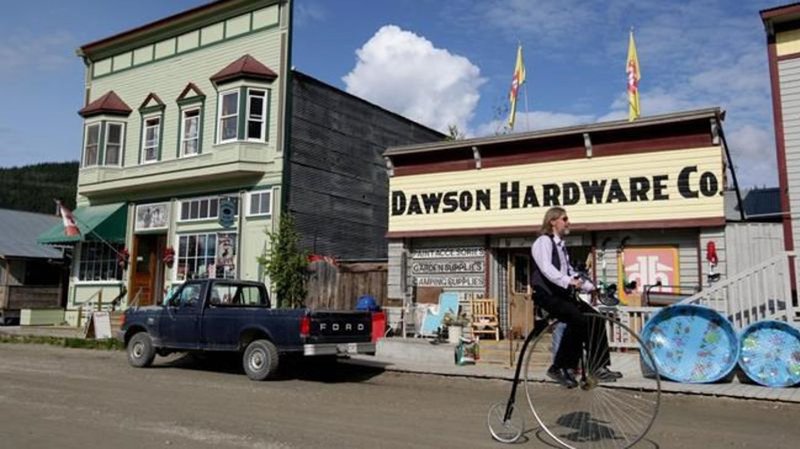
Canada’s most northern border to reopen June 1, Yukon prepares for return of tourism
DAWSON CITY, Yukon — Yukon’s tourism industry is abuzz with anticipation as Canada’s northernmost border opens next week for the first time since before the pandemic began, says the executive director of the Klondike Visitors Association in Dawson City.
Ricky Mawunganidze said the ferry that is used to access the border from the Canadian side began operating Thursday and the highway has been cleared of snow, which means people will be able to access the border when it reopens on June 1.
The Little Gold—Poker Creek border crossing is only opened during the summer months, and because of COVID-19, it hasn’t been in operation since Sept. 22, 2019.
Mawunganidze said local businesses are eager for the season to begin.



